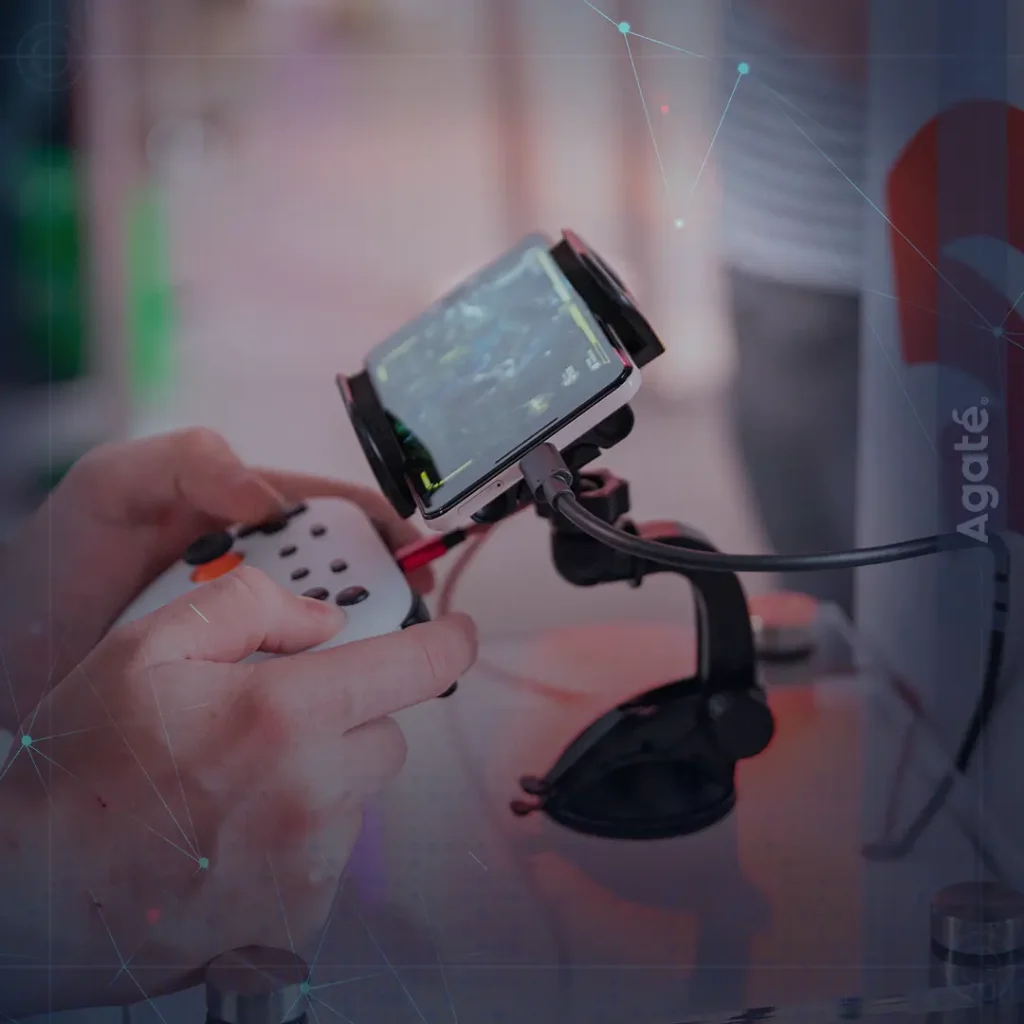Google Gaming Odyssey: Stadia’s Legacy and Cloud Gaming’s Dawn

Started as a search engine company, Google has become a massive player within the global technology landscape. Among its contributions, Google’s role in creating the Android Operating System (OS) is a beacon of innovation. This dynamic OS has revolutionized how we interact with mobile devices and influenced the mobile gaming sphere. By providing a robust platform for game developers and enthusiasts alike, Google’s Android OS played an instrumental part in the meteoric rise of the mobile gaming industry, thus leaving a mark on the trajectory of the entire gaming sector. Google Stadia In 2016, Google started a project called Yeti. This ambitious plan utilized the impressive potential of cloud computing to implement an innovative idea: rendering games from a distance and smoothly streaming them to players’ displays. The consequences of this approach were profound. Players will be free from the limitations of hardware and geographic boundaries. This new approach allows players to play games on their smartphones, laptops, or TVs. As anticipation grew, the online community couldn’t help but draw parallels between Google Stadia and the cinematic content behemoth, dubbing it the “Netflix of gaming.” Despite the similarities to Netflix, Google highlighted that their service model more closely resembled the subscription frameworks of PlayStation and Xbox. The product was eventually named Google Stadia and was launched in 2019. At its launch, Google Stadia unveiled an array of renowned AAA titles to captivate and enthrall the gaming community. However, Google’s ambitions extended beyond the realm of curated classics. They also promised to create original games in collaboration with the talented studios they had acquired, Typhoon Studio. This dual-pronged approach aimed to infuse the Stadia platform with celebrated gems and fresh narratives, cultivating a diverse landscape in the Google gaming platform. However, challenges came up for Google gaming ecosystem. As the game’s complexity increased, so did the computational load, and the volume of data that needed to be streamed to players expanded significantly. Also, a global discrepancy in internet infrastructure presented a formidable obstacle. Not all players worldwide enjoyed swift internet connections, resulting in an uneven user experience. This condition affects the latency during gameplay and translates into disruptive lag and suboptimal gaming encounters on the Google Stadia platform. The unmet high expectations resulted in a mixed response from players. Below-expectation sales figures and declining popularity led Google to shut down the service in January 2023 and mark the end of Google gaming. However, Google’s efforts were not in vain. Despite its fate, Google Stadia provided resounding proof that cloud gaming could be a viable alternative for individuals seeking gaming experiences unconfined by geographical limitations or temporal boundaries. Google Cloud This departure from the gaming landscape was not a retreat but a recalibration as Google continued to weave the narrative of cloud gaming via its formidable Google Cloud platform. This transition exemplified resilience and adaptability as Google capitalized on the insights garnered from Stadia’s journey to reshape its approach. The infrastructure that Google had meticulously developed and nurtured for Stadia now serves as the backbone for cloud-based gaming services. Google Cloud can support games demanding live services and effortlessly bridging the gap between developers and an expansive player base. This transition reveals that while Google Stadia’s journey concluded as a standalone service, its legacy lives on, evolving and expanding to explore new horizons of cloud gaming. Another Endeavor Google gaming try another approach in the game industry as reports indicate that it is improving the gaming experience on YouTube, mirroring comparable strategies by other video platforms such as Netflix and Amazon. This initiative highlights the growing prospects of the gaming sector, solidifying its position as one of the most lucrative industries on a global scale. Are you looking for co-development, art services, or game porting? Look no further than Agate! Don’t hesitate to get in touch with us today and learn more about how we can help you take your project to exceptional heights.
